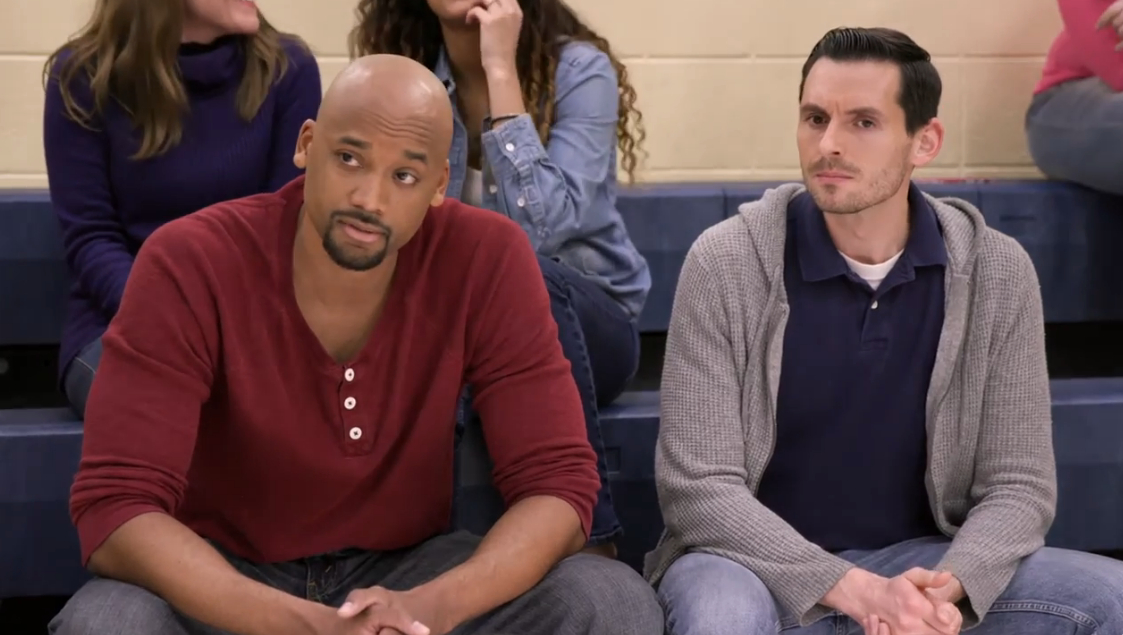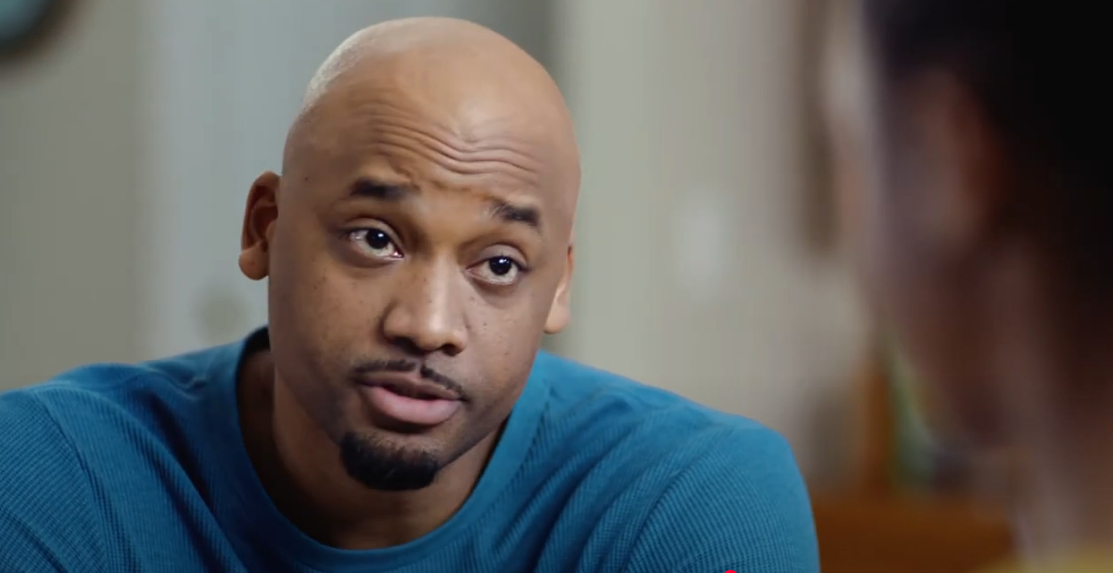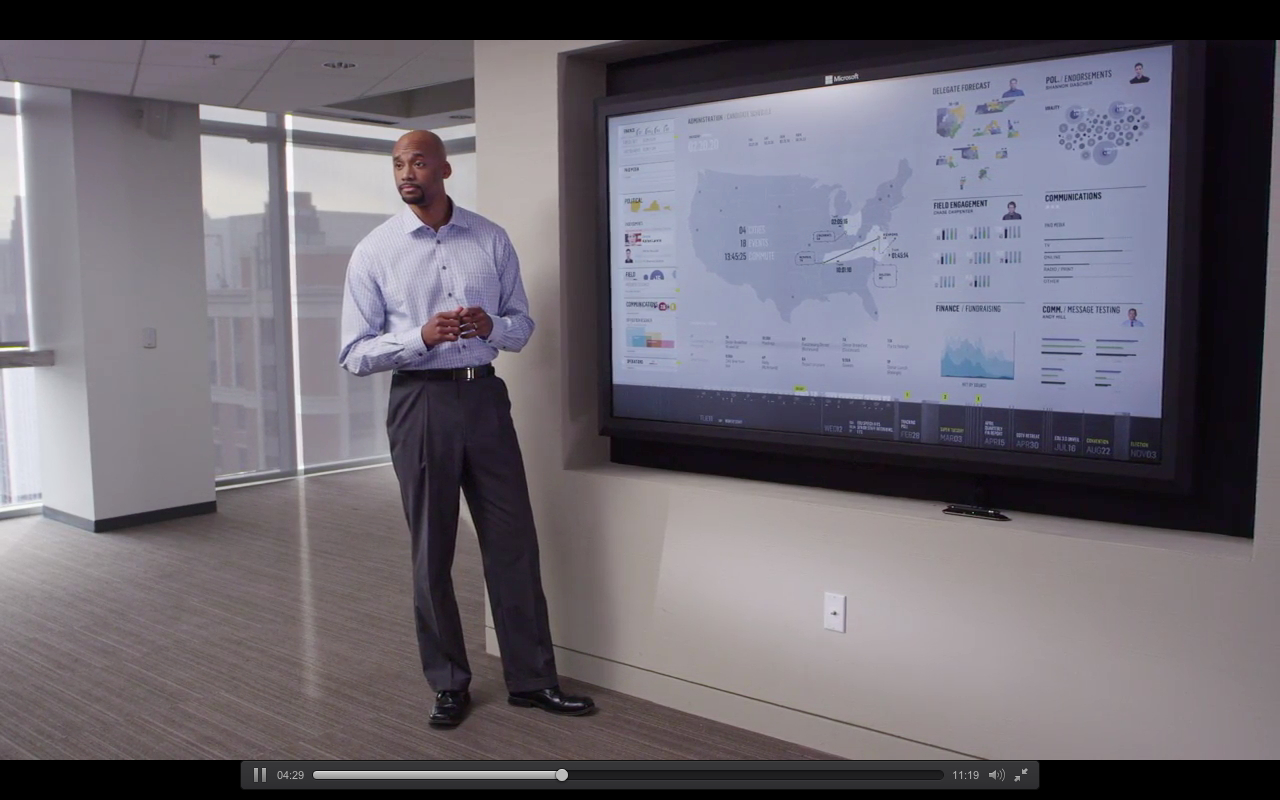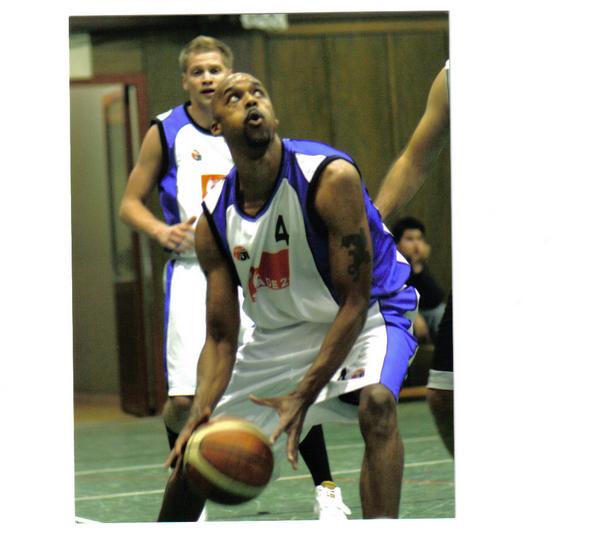We were lucky to catch up with Mark Alexander recently and have shared our conversation below.
Mark , looking forward to hearing all of your stories today. Can you tell us about an important lesson you learned in school and why that lesson is important to you?
One of the most important and impactful lessons I learned happened during my time at the University of Maryland, College Park.
Basketball had always been a big part of my life. I played all the way through high school. I had expected more from my senior year on the court, and when it didn’t go the way I hoped, I made the decision to shift my focus to academics. Even though I was recruited by colleges across the country to play, I chose to attend Maryland for its academic programs and the opportunities it offered beyond basketball.
As a freshman, I found myself missing the game. I started playing pickup games at the campus recreation center to stay in shape. Before long, the competitive fire kicked in again. I was playing nearly every day. What surprised me was the number of people who began showing up to watch the games in the recreation center. Many asked if I was a new recruit for the basketball team. I explained I wasn’t on the team and that I was just there to stay active. They often responded by saying, “You definitely look like a player. You should try out.”
At the time, I didn’t seriously consider it. Maryland’s basketball team was one of the top programs in the nation, and trying out felt like a long shot. But a year later, I decided to go for it.
Over 70 people showed up for the tryout. After the first session, they cut everyone except for three of us. I was one of the three invited back for a final tryout. In the end, I didn’t make the team. That same year, Maryland went on to win the NCAA national championship.
I wasn’t angry. I was curious. A few days after the tryout, I reached out to one of the assistant coaches. I wasn’t looking to complain. I simply wanted to understand what I could have done differently.
That conversation changed everything for me.
He gave me honest, detailed, and individualized feedback. He told me I had performed well in almost every aspect of the tryout. However, there was one area I needed to improve: my jump shot. He said, “If you can make your jump shot more consistent, you can absolutely play at the Division I level.”
I walked away from that conversation not feeling defeated, but inspired. Instead of focusing on how close I came to making one of the best teams in the country, I reframed the situation. I thought, “I nearly made one of the top teams in the nation without a consistent jumper. What could I become if I developed that skill?”
That curiosity became my fuel. I kept working, and two years after graduating, I achieved a childhood dream. I signed a contract to play professional basketball overseas.
While playing overseas, I also had the opportunity to coach multiple teams. That’s where I discovered the true power of feedback. Drawing from my own experience, I made it a priority to give my players individualized and intentional feedback, just as it had been given to me. The result was multiple championship teams and a culture where players felt empowered to grow and perform at their best.
Through these experiences, I learned a life-changing lesson:
Feedback, when delivered with care and clarity, can unlock potential, build trust, and transform individuals and teams.
My success as a coach overseas had less to do with my ability as a player, even though I was the top performer on my team. It had more to do with how I communicated with others. I tailored my feedback based on each player’s personality, skills, and approach to the game. I created an environment where players didn’t just accept feedback, they welcomed it and sought it out.
That culture of feedback became the foundation of our success.
This lesson about the transformative power of intentional, personalized feedback became one of the most defining moments in my life. It also became the inspiration for who I am today. It is what led me to become what I now call “the Feedback Architect.”

Mark , before we move on to more of these sorts of questions, can you take some time to bring our readers up to speed on you and what you do?
Hi, I’m Mark Alexander II, M.A., your Feedback Architect.
I help individuals, teams, and organizations unlock human potential through individualized, intentional feedback.
How I Started:
My journey began on the basketball court. I played competitively through high school, then joined the University of Maryland, College Park, where I discovered a pivotal lesson: feedback, given thoughtfully and with purpose, can change the trajectory of a person’s life.
From there, I played professional basketball overseas and coached teams. In every environment, I saw the same truth: performance and culture improve when people receive feedback that is clear, personal, and actionable.
The same pattern showed up throughout my corporate experiences and during my time as a TV, film, and commercial actor. Regardless of the industry, the way feedback was delivered and received directly impacted outcomes and overall success. I also saw what happens when feedback is too generic, too infrequent, or disconnected from the individual. That contrast clarified my mission.
The Problem I Solve:
Many individuals and teams struggle to grow because they don’t receive feedback that is supportive, specific, and tailored to them.
Great organizations often miss out on the full potential of their people because feedback is viewed as criticism rather than fuel.
Without a healthy feedback culture, teams stagnate, individuals plateau, and leaders lose connection with those they serve.
What Sets Me Apart:
My experience is unique. As an athlete, coach, corporate leader, and actor, I’ve lived in multiple professional worlds and seen firsthand how feedback works across different contexts.
I don’t believe in one-size-fits-all solutions. Every person and team is different, and I design feedback strategies that are customized for who you are, how you work, and what you’re aiming to achieve.
I help individuals and organizations build a feedback culture, where people feel safe to grow, where feedback is not feared but welcomed, and where trust and performance go hand in hand.
What I Want Potential Clients to Know:
If we work together, you can expect a personalized and collaborative experience.
You will receive coaching and feedback designed for you, not pulled from a template.
We will identify the real blockers to growth, and work toward solutions that are meaningful and lasting.
The goal is not just short-term improvement, but long-term development that sticks. A sustainable foundation.
Your team or organization will shift toward a culture that supports continuous growth, honest communication, and stronger results.
This is not about fault or criticism. It’s about potential, progress, and purposeful transformation.
Why My Brand Exists:
Because I believe everyone deserves the opportunity to realize their full potential and truly thrive.
The Feedback Architect exists to help you build that opportunity, using feedback as a foundation for growth.
When feedback is delivered with clarity, care, and intent, it stops being something to avoid. It becomes something to seek out. It becomes fuel for change.
A Final Invitation:
If you’re ready to explore what’s possible for you, your team, or your organization, I’d love to support you on your journey.
Together, we can build a feedback framework that fosters continuous growth, strengthens trust, and unlocks potential.
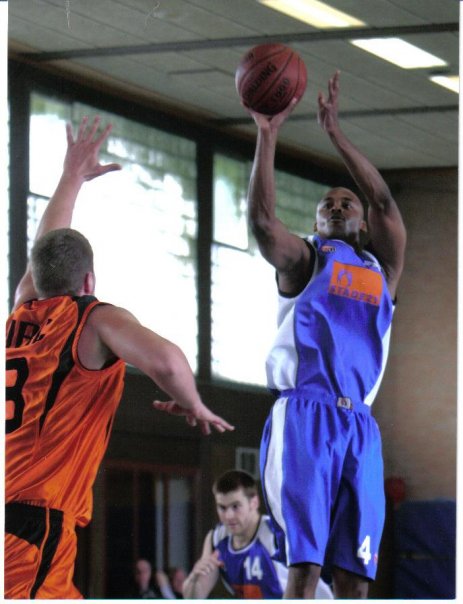
Do you have any insights you can share related to maintaining high team morale?
Managing a team and maintaining high morale comes down to a few foundational elements.
Above all, I believe trust is the most important. When everyone on the team genuinely believes they want the same thing, which is the collective success of the group, it becomes easier to handle adversity. Challenges may still come, but now the focus shifts from the external pressure to how the team responds internally. You lean on each other.
I’ve experienced this as a professional athlete, an actor, and a corporate leader, and across all those environments, one thing remained true: when trust exists, you can weather anything.
That trust starts with leadership. Leaders set the tone. They create a culture where every person feels appreciated, valued, and necessary. Every team member brings unique strengths and their own rhythm. Success isn’t about individual moves. It is about coordinated strategy. When people are positioned with intention and purpose, they are able to contribute meaningfully and move together toward a shared goal.
Open communication, free from ego, is also key to sustaining morale.
Leaders must be intentional in how they communicate. Feedback plays a big role here. It’s not just about correcting mistakes. It’s also about celebrating wins. Too often, feedback is used only for criticism. But when we recognize and reinforce what is working, we build momentum and confidence.
The more confidence team members have in themselves and in each other, the stronger the foundation becomes. That foundation is what allows a team to stay resilient, focused, and motivated, no matter what challenges come their way.
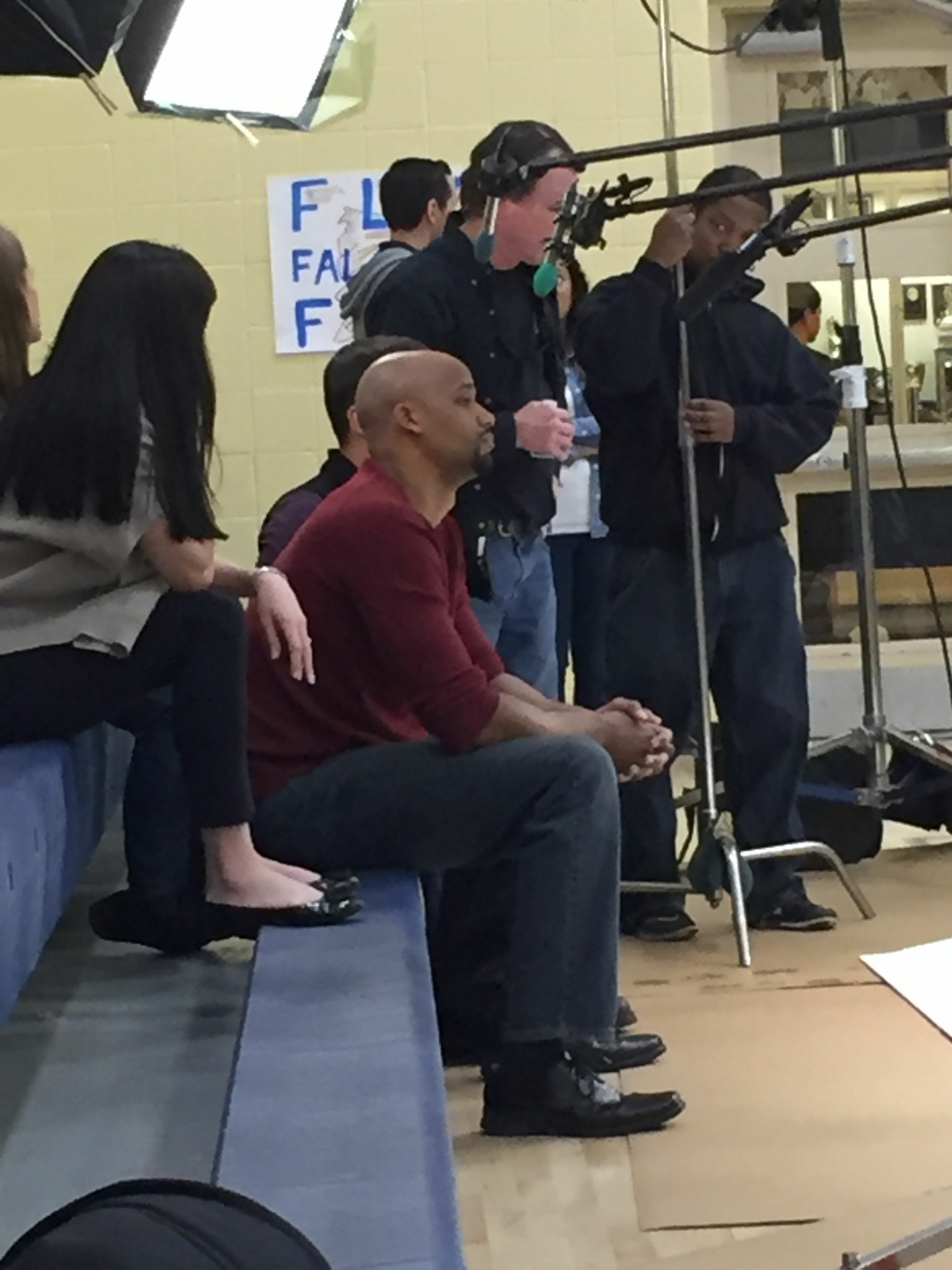
Have you ever had to pivot?
A Time I Had to Pivot
When I graduated from the University of Maryland College Park, I was standing at a fork in the road. I had just earned my bachelor’s degree and was ready to enter the workforce. But something didn’t feel complete. After nearly making the national championship basketball team, I couldn’t shake the feeling that I hadn’t reached my full potential as a player.
I believe untapped potential is a quiet tragedy, and it’s absolutely worth exploring.
So instead of taking the traditional path, I chose to dedicate myself to the craft of basketball. I wanted to see how good I could become. I was deeply curious about the next version of me, the one that might emerge if I gave the game everything I had.
That curiosity paid off. It eventually led to me achieving a lifelong dream: signing a contract to play professional basketball overseas.
But what surprised me most was what happened next. While playing abroad, I was also given the opportunity to coach for the club. That experience opened a completely new door. Coaching sparked something in me, a deep passion for helping others reach their potential through the power of intentional feedback. It changed the trajectory of my life.
Looking back, I often think about everything I would have missed if I hadn’t followed that curiosity. I was focused on playing professional basketball, but something even more meaningful was waiting for me on the other side of that decision.
My advice? Always stay curious. Move with courage. Explore what the next level of you could look like, because why not you?
Contact Info:
